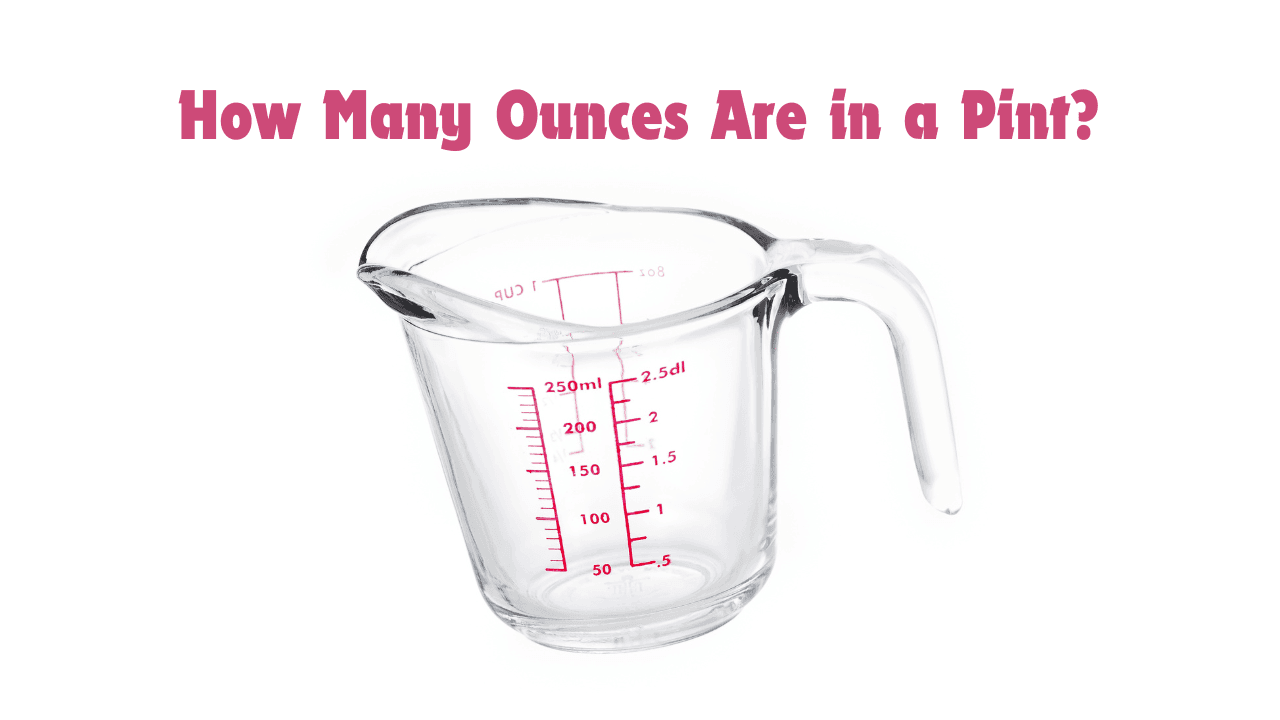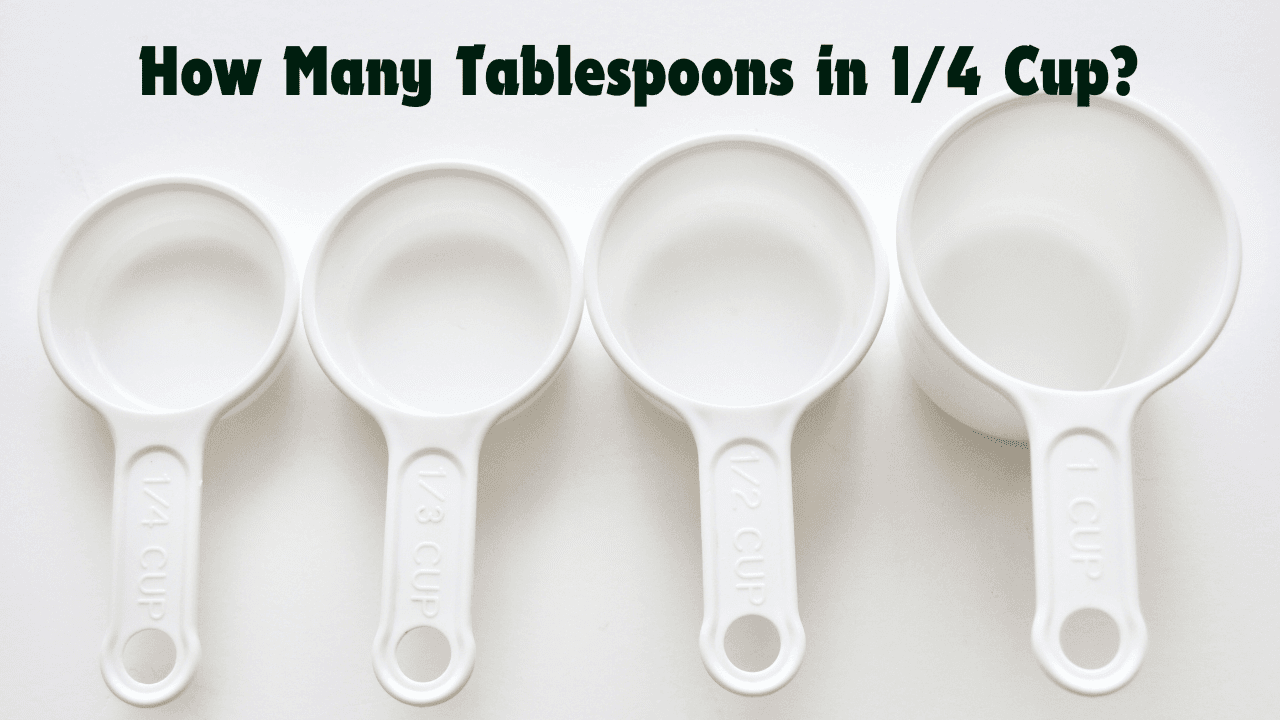When thinking about how many seconds make up a day, it’s essential to break down time into its smallest unit: the second. A day consists of 24 hours, with each hour containing 60 minutes, and each minute comprising 60 seconds. By simple multiplication, we can calculate the total seconds in a day:
- 1 day = 24 hours
- 1 hour = 60 minutes
- 1 minute = 60 seconds
Thus, multiplying these together gives: 24 hours/day × 60 minutes/hour × 60 seconds/minute = 86,400 seconds per day.
This is the standard number of seconds in a 24-hour day, although leap seconds may occasionally be added to sync timekeeping with Earth’s irregular rotation.
How Many Days in a Million Seconds?
While a million seconds might sound massive, breaking it down into days offers some perspective. To convert seconds to days, divide the number of seconds by the number of seconds in one day (86,400):
- 1,000,000 seconds ÷ 86,400 seconds/day ≈ 11.57 days.
Therefore, a million seconds is just over 11 and a half days. This highlights how quickly time can pass when measured in such a large unit as a million seconds.
How Many Days in a Billion Seconds?
A billion seconds may seem unimaginable, but with a simple calculation, we can determine how long it truly is. Following the same method as before:
- 1,000,000,000 seconds ÷ 86,400 seconds/day ≈ 11,574 days, which is approximately 31.7 years.
Thus, living through a billion seconds would take just over 31 years, giving a real sense of how significant such a large unit of time is.
How Many Hours in a Day?
Although commonly known, it’s worth re-examining that one day is traditionally split into 24 hours. The origins of this division go back to ancient civilizations, particularly the Babylonians, who developed a base-60 numbering system. This system is still used today to measure hours, minutes, and seconds. Despite advancements in modern timekeeping, we continue to rely on this 24-hour framework to structure our days.
How Many Seconds in an Hour?
Zooming in from the scale of a full day, let’s break down the number of seconds in just one hour. Since each hour contains 60 minutes and each minute has 60 seconds:
- 1 hour = 60 minutes
- 1 minute = 60 seconds
Therefore, 1 hour = 60 × 60 = 3,600 seconds per hour(
CA5). Knowing this allows for quick conversions when calculating the number of seconds in any given number of hours.
How Many Seconds in a Week?
A week consists of 7 days, and as we know, each day has 86,400 seconds. To calculate the total number of seconds in a week:
- 7 days × 86,400 seconds/day = 604,800 seconds per week.
This highlights how quickly time adds up across days, with over half a million seconds passing in a single week.
Understanding Time in Larger Units
Time can be broken down in various ways, and it’s essential to understand the scale of seconds when compared to minutes, hours, and days. For example:
- 1 minute = 60 seconds
- 1 hour = 3,600 seconds
- 1 day = 86,400 seconds.
By appreciating the conversions between these units, we gain a better sense of the rapid passage of time.
Also Read: What Degree Do You Need to Be a Top Corporate Exec? Insights from NYT
FAQs
How accurate is the count of 86,400 seconds in a day?
The count of 86,400 seconds in a day is accurate under the standard timekeeping system. However, due to irregularities in the Earth’s rotation, leap seconds are occasionally added to ensure our clocks remain synchronized with astronomical time.
Do all time zones have the same number of seconds in a day?
Yes, every time zone experiences the same 86,400 seconds in a day. The difference lies in the local time, not the actual length of the day.
Why is time measured in base-60 rather than base-10?
The base-60 system for measuring time originated from ancient Babylonian mathematics, where 60 was chosen because of its many divisors, making it easier to divide time into smaller, equal parts. This system has endured due to its practicality in dividing hours, minutes, and seconds.














Leave a Reply